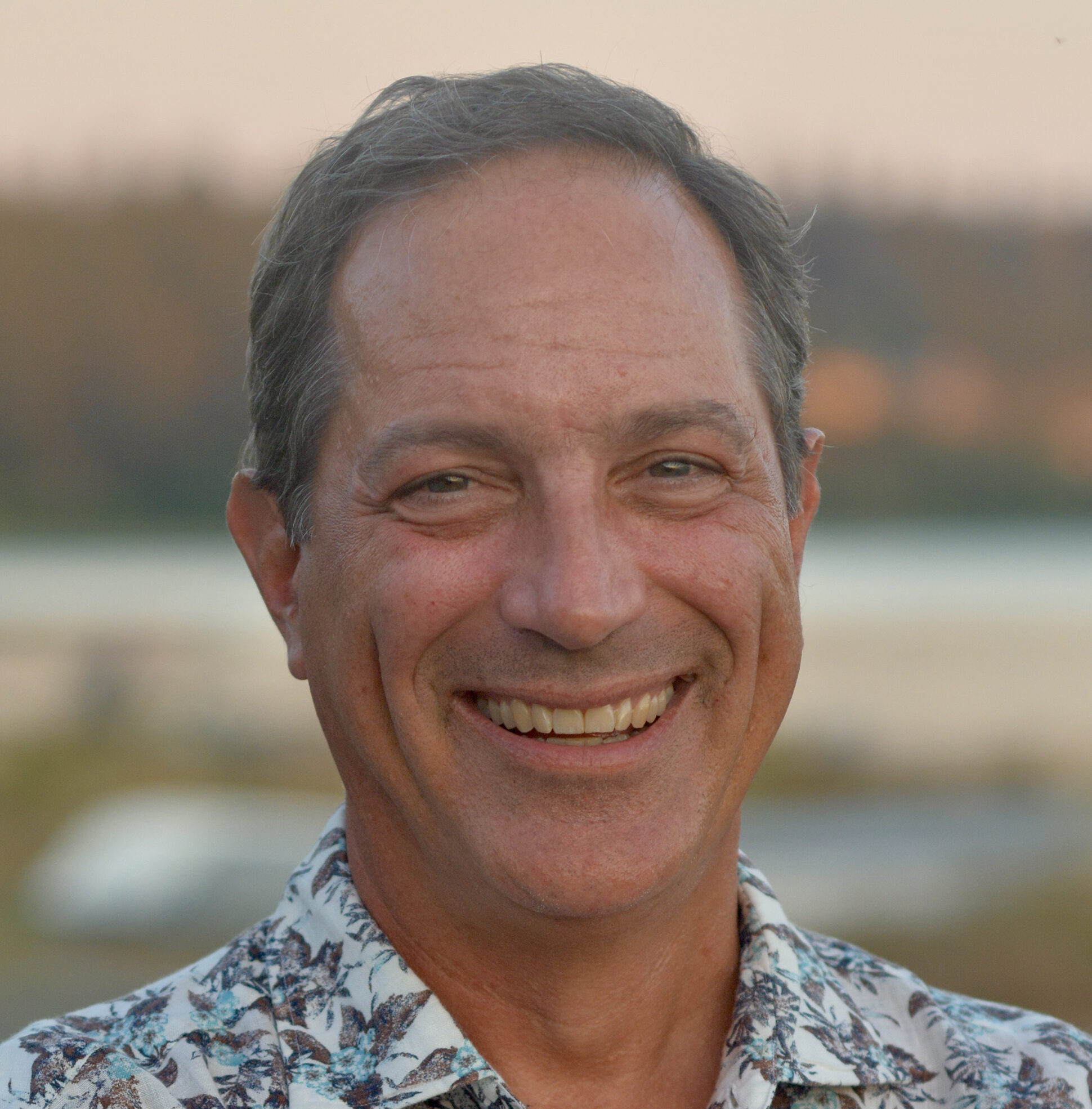Showing 60 results

Gauthier - St. Martin Eminent Scholar Chair in Environmental Law
Robert R.M. Verchick holds the Gauthier ~ St. Martin Eminent Scholar Chair in Environmental Law at Loyola University New Orleans, is the Faculty Director of the Center for Environmental Law at Loyola, and is a Senior Fellow in Disaster Resilience Leadership, Tulane University. He serves as Treasurer of the board of directors at the Center for Progressive Reform.

Robert Verchick | July 31, 2023
Watch Center President Rob Verchick's interview on MSNBC with Richard Liu on record-setting heat, climate resilience, and his latest book, The Octopus in the Parking Garage.

Robert Verchick | April 25, 2023
Last summer, standing outside the Paradise Inn in Washington’s Mount Rainier National Park, I still needed a fleece to keep warm. In the shadow of the park’s snow-covered volcano, the meadows sparkled with wildflowers. I remembered a news article from a few years back about how Mount Rainier’s iconic flora were slowly retreating to higher elevations away from the inn. Park scientists attributed this to higher temperatures caused by climate change. There was some debate at the time about whether park staff should manually seed the meadows where lodge visitors gather or to let the buttercups and salmonberries crawl naturally uphill. I don’t know where they ended up on that.

Robert Verchick | September 3, 2021
Ask just about any New Orleanian to name the most exasperating thing about the aftermath of Hurricane Ida, and you’ll get the same answer. It isn’t the floodwater. Or the roof damage. It’s something more familiar but equally as threatening to life, health and property: power failure.

James Goodwin, Robert Verchick | September 2, 2021
Environmental justice advocates have long recognized that procedural fairness is just as important as substantive fairness. That’s why they are concerned with not only how environmental benefits and harms are distributed, but also how those decisions are made. Given its attention to procedural fairness, the National Environmental Policy Act breathes life into environmental justice principles, even though it preceded the formal launch of the environmental justice movement by more than a decade.

Karen Sokol, Robert Verchick | March 9, 2021
In the United States, many people think the world's worst human rights abuses take place elsewhere. Unless you are among those in the United States who are subjected to such mistreatment. On March 2, human rights experts called the world's attention to some of the most egregious and systematic human rights violations perpetuated here in the United States — and in particular in our neck of the woods in southeast Louisiana. International human rights experts condemned long-standing environmental racism in "Cancer Alley" — a heavily industrialized and polluted corridor along the Lower Mississippi River — and said it must end.

Robert Verchick | February 24, 2021
Since I began serving on Louisiana’s Climate Initiatives Task Force, charged with finding a way to zero out net greenhouse-gas emissions by 2050, there is one question I get from people more than any other: "C'mon, are you serious?" It's not that Louisianans don't see the need. Sea-level rise could soon swallow our coast, and hurricanes souped up by climate change are now the new normal. The problem is how we see ourselves. Louisiana, I'm reminded, is an oil-and-gas state. Whatever were we thinking? My quick response is Louisiana is really an energy state, with more sun and offshore wind than most of our peers.

Michele Janin, Robert Verchick | January 14, 2021
Over the last six months, we had the honor of leading the search for a visionary new leader to guide our organization. Our search is over, and we're thrilled to announce that Minor Sinclair will be taking CPR's helm next month.

Robert Verchick | December 17, 2020
President-elect Joe Biden is set to name Brenda Mallory to lead the Council on Environmental Quality (CEQ), the White House office that coordinates environmental policy across federal agencies. Mallory has more than three decades of environmental law and policy experience, served as CEQ general counsel under President Obama, and is currently director of regulatory policy at the Southern Environmental Law Center. Here are four things Mallory and CEQ could do right away to coordinate environmental policy across federal agencies and repair an office Donald Trump badly damaged.

Robert Verchick | September 25, 2020
For the Member Scholars and staff of the Center for Progressive Reform, Justice Ginsburg's passing is a moment for reflection, a time to celebrate her achievements, mourn what has been lost, and gird for what is to come. Because her death has triggered such an outpouring of emotion, we asked the CPR family to offer reflections on her life and legacy and have gathered them on our website. I encourage you to take a few moments to read them.